With a bit of luck, during your working life you will accumulate a tidy sum in super. When the time to retire arrives those savings will help support you through your non-working years.
While you’ve had a long time to practice saving, converting those savings into retirement income is something you’ll likely only do once and it can be daunting. SuperGuide has put together this explainer to help you understand your options.
Note that if you are a member of a defined benefit fund your options at retirement may be different.
What are my options?
For super purposes, retirement means meeting a retirement condition of release. Once you satisfy a condition of release, there are no ‘cashing restrictions’ which means you can access any amount of your super in any way you choose. The retirement conditions of release are permanently retiring after your preservation age, leaving a job after reaching age 60 (even if you plan to work again) and reaching age 65 – even if you have not stopped working.
Once you meet a retirement condition of release, there are four options available to you for your accumulated super balance. You can:
- Convert your super into a pension (also called a retirement income stream)
- Cash a lump sum
- Leave super in the accumulation phase (such as in your current super account)
- Combine two or all three above options.
Pensions
A super pension provides you with a regular income to live on in retirement to help replace the income you previously received from work. The most common form of pension in the Australian market is an account-based pension, but there are also lifetime and fixed-term pension options. The maximum amount you may transfer into pension accounts is currently $1.9 million per person – this is called the transfer balance cap.
When the goal is generating retirement income, it’s hard to go past a pension product. Investment earnings in pension products are tax free (except in the case of transition-to-retirement pensions) and they are designed to provide sustainable retirement income by continuing to invest your savings while making regular payments to you.
Account-based pensions
When you put money into an account-based pension, you choose how the balance should be invested. That balance then earns tax-free investment returns and your regular income payments are deducted from it. When you are aged 60 or more, these regular income payments are also tax free. There is a regulated minimum percentage of your balance you must draw as income each year that increases as you age, and you can withdraw lump sums whenever you wish.
Features of account-based pensions:
- Flexibility – choose the income amount that suits you and change it as needed, withdraw lump sums and choose how your funds should be invested. You can even transfer some or all of your pension account back into an accumulation account if you don’t want to draw income from it any longer.
- Tax-free status – tax-free investment earnings mean your account can grow more quickly than a comparable investment outside super because tax is not eroding your returns. Your regular income withdrawals are also tax free if you are aged 60 or more, unless you are a member of an untaxed fund (these are uncommon).
- Estate planning – any balance remaining in your account after your death is passed on to your beneficiaries. You may choose for your spouse to take over ownership and continue receiving the pension (reversionary pension) or a lump sum may be paid.
- Longevity – there is no guarantee that your balance will last for life. Investment losses or lower returns than you planned for could mean your balance is depleted earlier than you expected. The sequence of investment returns is also important.
Most super funds offer an account-based pension.
Fixed term and lifetime pensions and annuities
Fixed term and lifetime pensions are non-account-based pensions. You do not have an individual account balance, but rather purchase an income on agreed terms with a product provider (a super fund or a life company). When a non-account-based pension is provided by a life company it is called an annuity. Annuities can be purchased with super or non-super money, but pensions provided by super funds can only be purchased with money that has first been contributed to super.
If you are a member of a defined benefit super fund, the fund may be designed to pay you a lifetime pension rather than having an account balance.
Features of non-account-based pensions:
- Longevity protection – Income will be paid for life or for the fixed term agreed. It cannot run out. You may also use a deferred annuity which doesn’t start paying income until you reach a set age – a good way for income to ‘kick in’ when you expect to have depleted your other retirement savings, including any account-based pension.
- Favourable means testing – Under Centrelink’s means test rules you may receive a higher Age Pension by investing in a lifetime product. Note this applies to lifetime pensions paid by super funds as well as to annuities from life companies.
- Investment risk – In a traditional annuity, you don’t bear the risk associated with fluctuations in investment markets. The provider pays you the agreed regular income regardless of how their underlying investments perform. Modern lifetime pensions offered by super funds may also have this feature, or income may rise and fall with investment markets (check the product disclosure statement (PDS) to find out the details).
- Estate planning – The product may continue to pay income to your spouse after your death and you may be able to choose an option that would pay a small lump sum to an alternative beneficiary, but it is possible that not all of your investment will be returned in the form of income or lump sum death benefits; this is the risk of dying ‘too early’. In this case your remaining capital remains in the pool to finance the incomes of those investors who live longer. Some products offer a feature to guarantee the return of your capital, but it is uncommon.
- Flexibility – These products are less flexible than account-based pensions. Income can’t be varied; it only increases with the agreed indexation. As you do not have an account balance, you can’t withdraw a lump sum. You may receive a portion of your investment back (the withdrawal value) if you decide to close the product early.
A popular strategy is to combine an account-based pension with a lifetime pension, to get the best of both worlds. TelstraSuper provide a calculator that can model how a combination could work for you.
Accumulation phase
In the super system, there are two phases. The accumulation phase, where your savings accumulate while you are working, and retirement phase, where a pension has commenced and a regular income is being paid.
If you don’t want to use all your super to start a pension or take a lump sum, money can be retained in the accumulation phase throughout retirement. Earnings on any amount retained in accumulation will continue to be taxed at the concessional rate of up to 15%.
Why retain money in accumulation?
- If your total super balance exceeds the transfer balance cap (currently $1.9 million), it is not possible to transfer the amount above the cap to a pension. Retaining the excess in the accumulation phase means its earnings are taxed at a maximum of 15% instead of being exposed to income tax rates outside super which could be higher, particularly if you are still working or have income from other investments.
- For people under the Age Pension age, funds in the accumulation phase are not assessed in Centrelink means tests. Retaining money in the accumulation phase can improve Centrelink entitlements such as the Age Pension of your spouse if they are older than you, or your own entitlement to a payment like Disability Support Pension. When you reach Age Pension age, funds in the accumulation phase are assessed in means testing.
- A minimum annual payment must be drawn from super that has been transferred into the retirement (pension) phase. If you don’t want to be forced to withdraw income, and thereby remove money from the tax-advantaged super system, you may choose to retain money in an accumulation account. Note that anyone up to the age of 75 is now able to make super contributions, so while you’re under 75 any income withdrawals from a super pension you do not spend can be contributed back into an accumulation account if you wish – subject to contribution caps.
Lump sum
You may withdraw a lump sum from super at retirement of any amount up to your total balance. A lump sum payment can be useful if you need to repay debts, or you have some large expenses such as making home renovations or purchasing a vehicle. Lump sum withdrawals from taxed funds are tax free for people aged 60 or more.
Why take a lump sum?
Apart from debts and expenses, there are some strategic reasons a person may take a lump sum from super.
- Gifting the amount withdrawn to another person may improve eventual Age Pension entitlements. The lump sum withdrawn could be contributed back to super. This is called a recontribution strategy.
Downsides of taking a lump sum to invest outside super
If you invest money you have withdrawn outside the super system, any returns on your investment will be taxed as normal income at your marginal rate, not at concessional super rates (a maximum rate of 15% in an accumulation account and tax free in a pension account). For many people, this means more tax on earnings, and therefore less money credited to your investment, if money is invested outside super.
Combining options
For many people, the most desirable retirement outcome is a mix of options.
Perhaps you need a small lump sum to clear the mortgage and want to convert the rest of your account to a pension to provide retirement income.
If you’re lucky enough to have accumulated more than the transfer balance cap, you might transfer the maximum to a pension, leave some in an accumulation account and cash a lump sum to take that once in a lifetime holiday.
Maybe your spouse is still working and you don’t need income from your super yet. You might keep a small balance in accumulation, transfer the rest to a pension account for the tax-free earnings and reinvest your compulsory income payments back into your accumulation account as super contributions where they can continue to grow.
The bottom line
You should now have a good grounding in the possibilities for your super post-retirement. To make the most of your retirement savings, a professional financial planner can assess your overall situation and recommend the most suitable strategies for you.
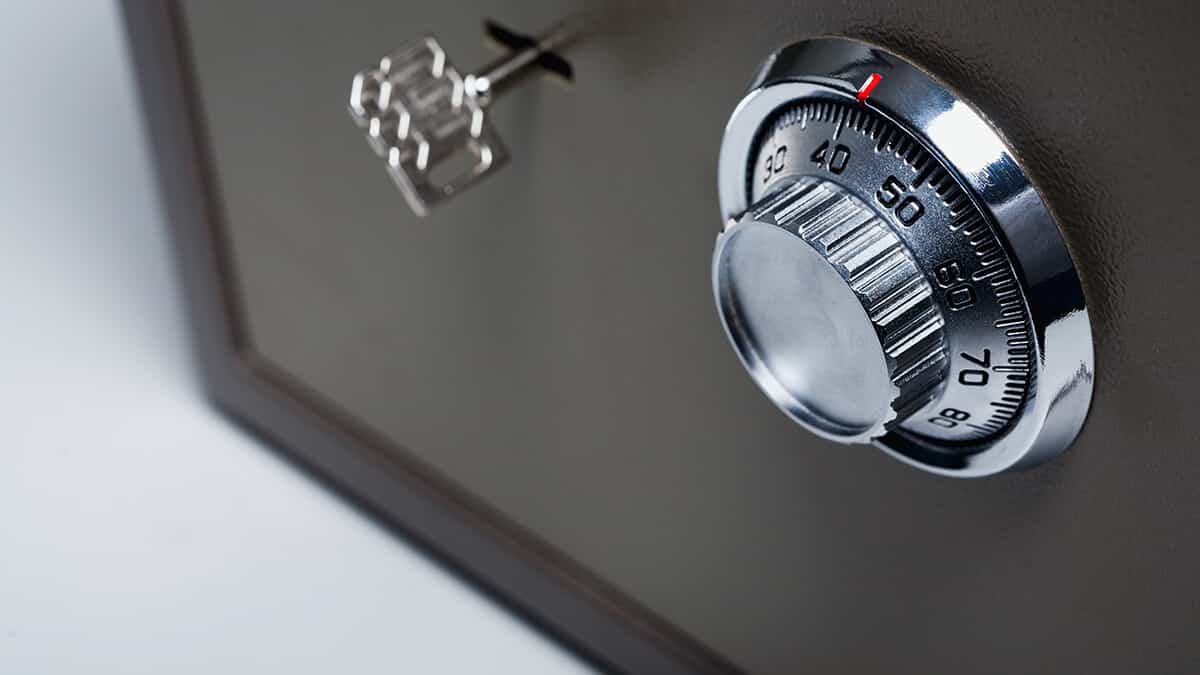







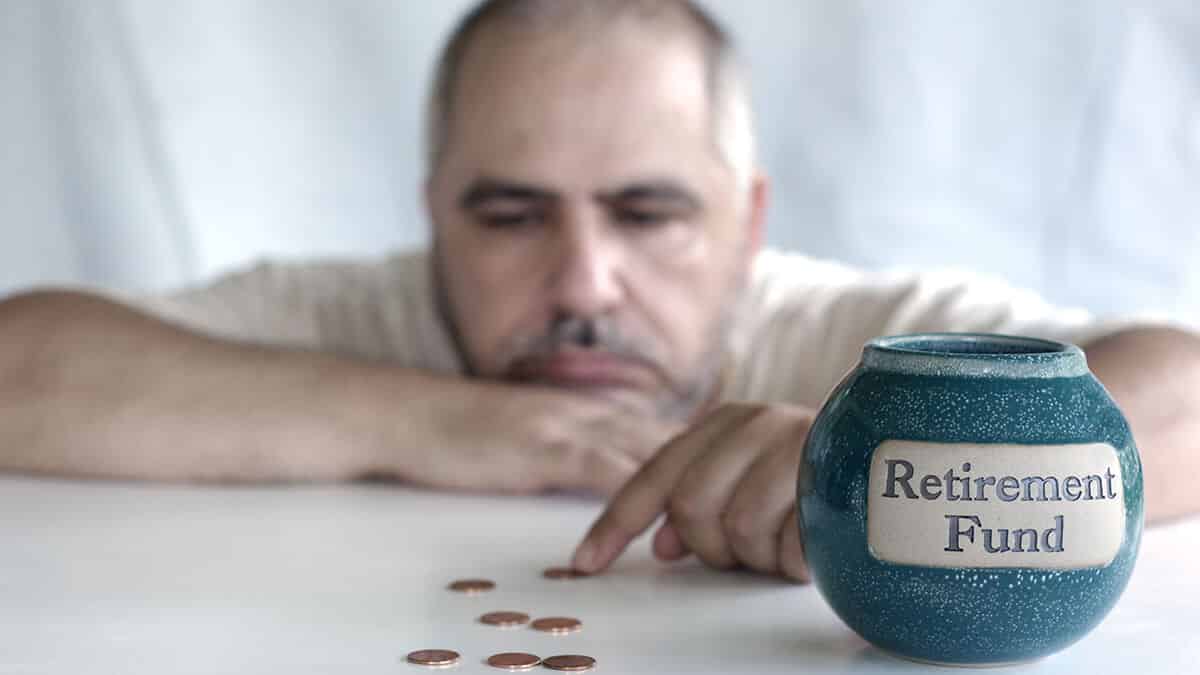

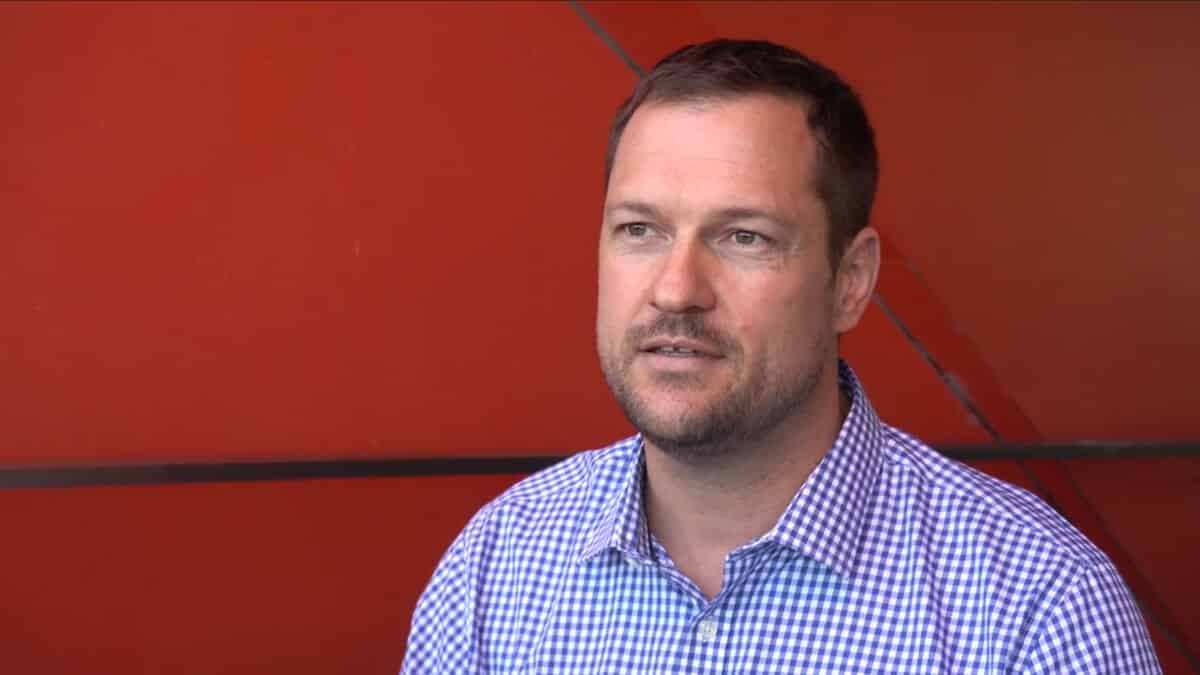
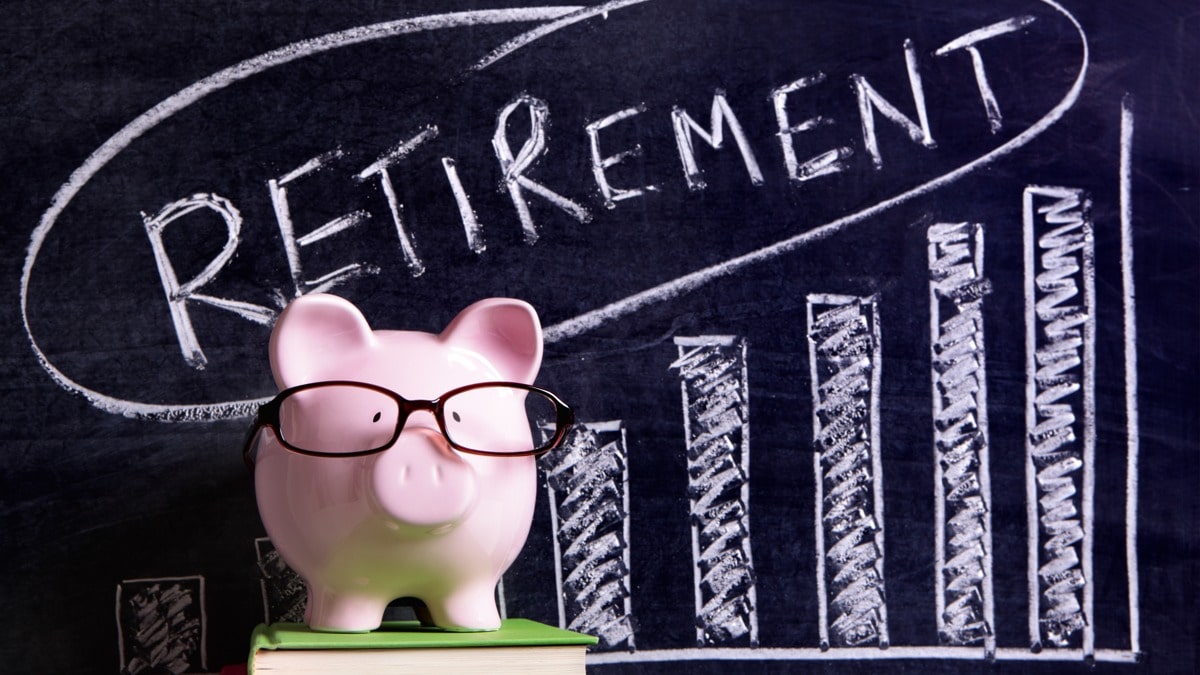


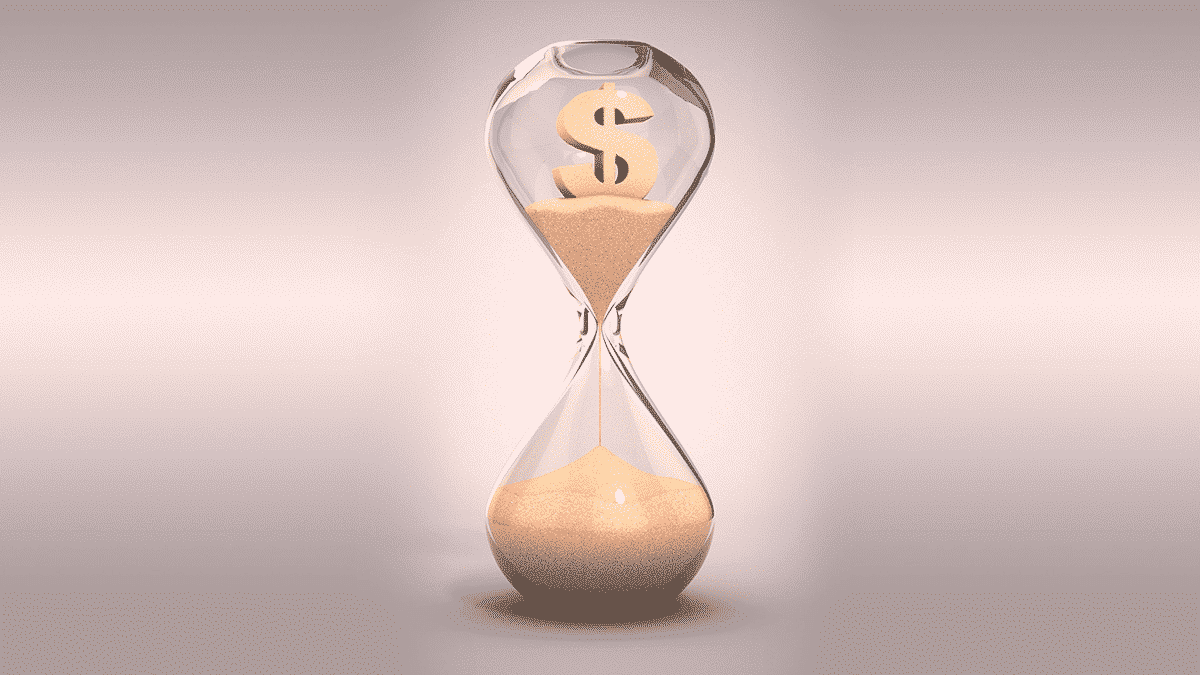
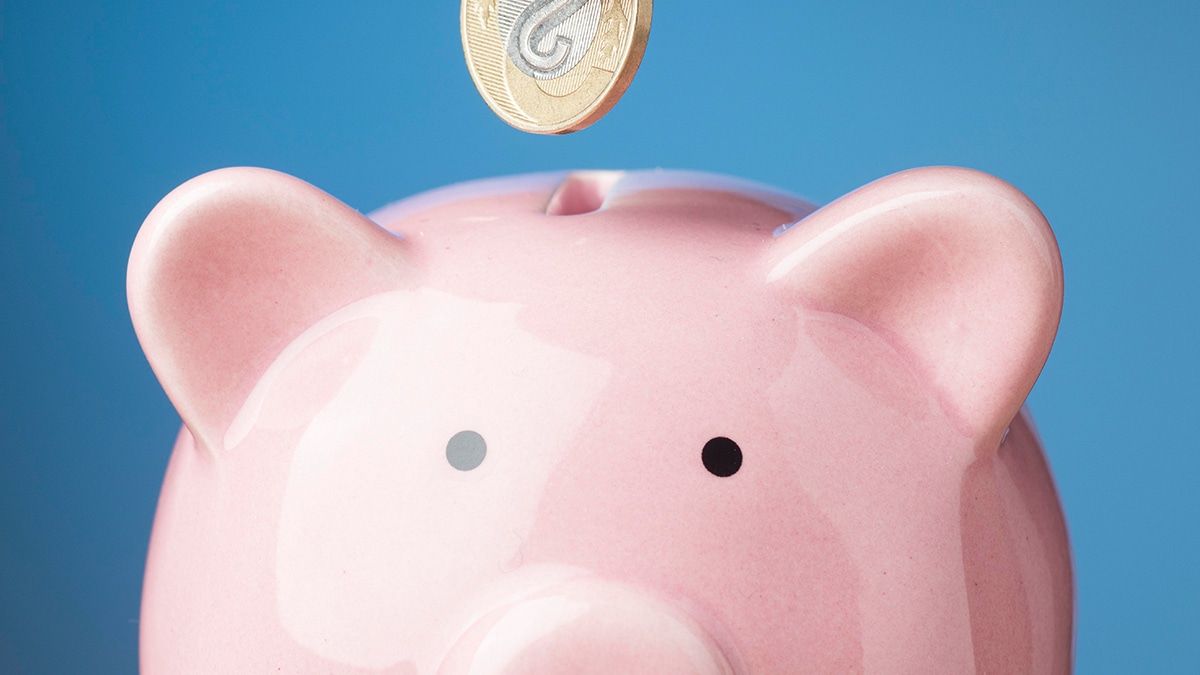
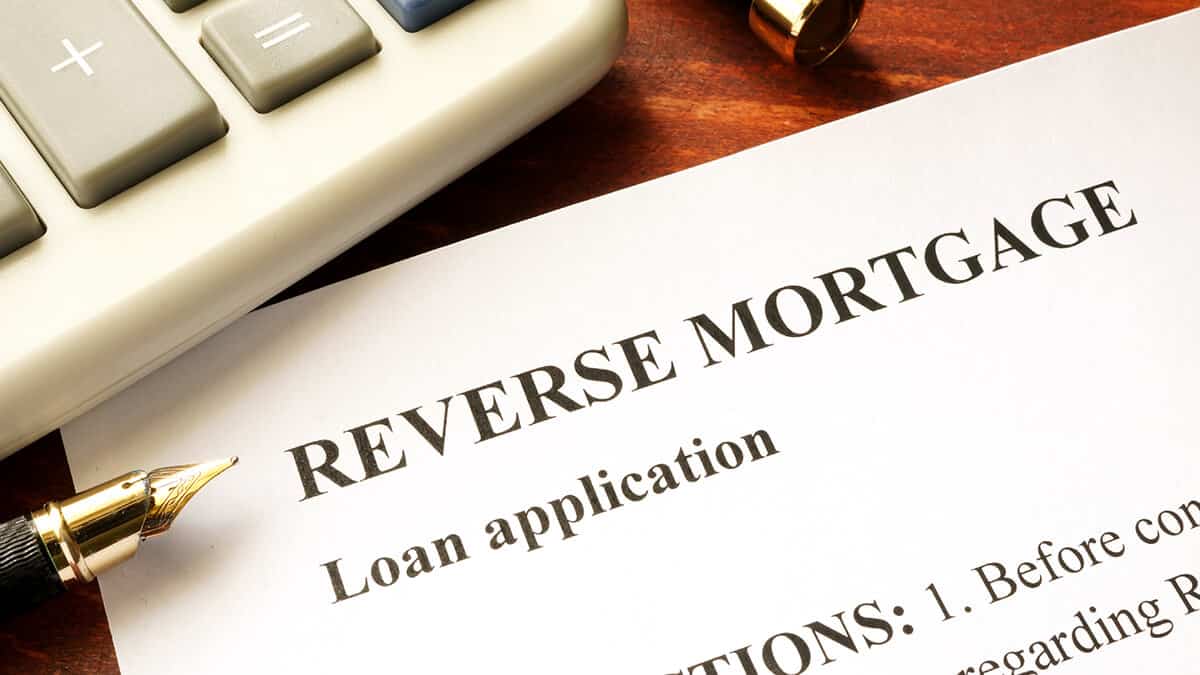
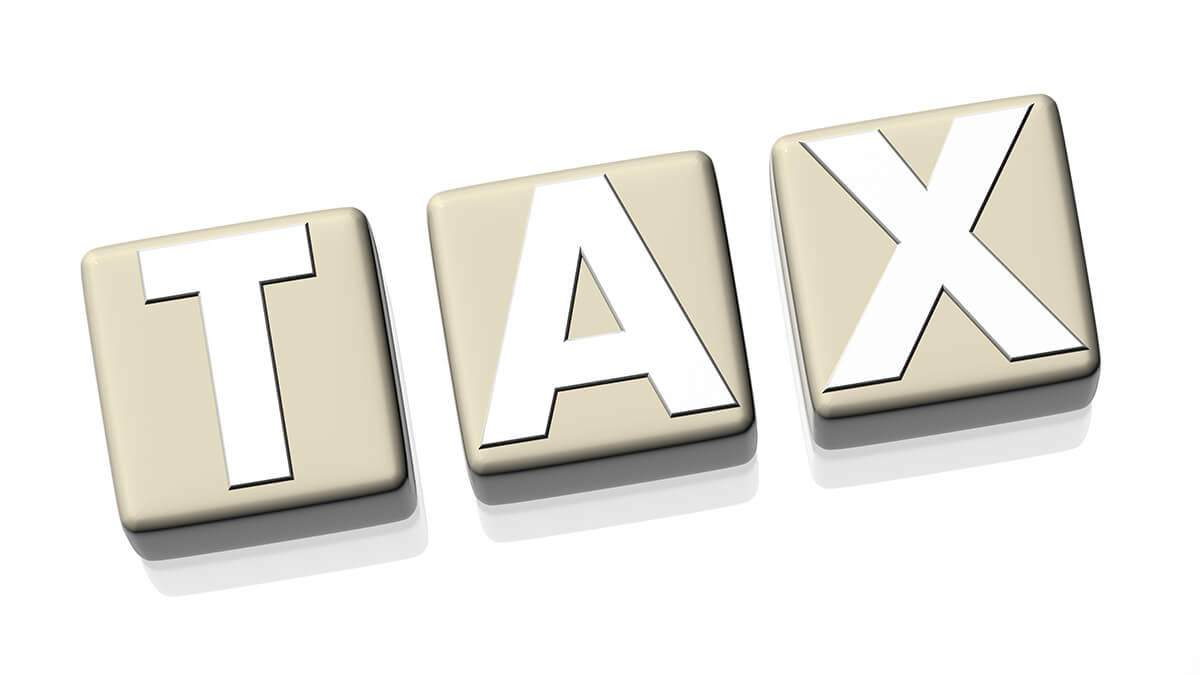
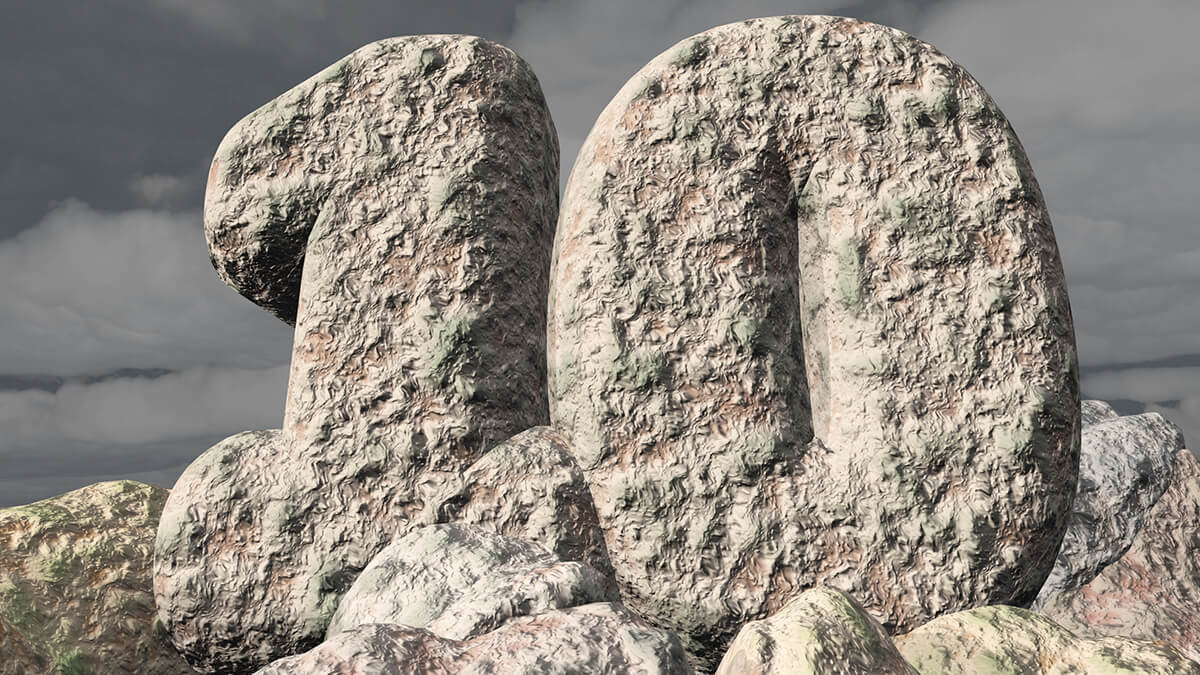
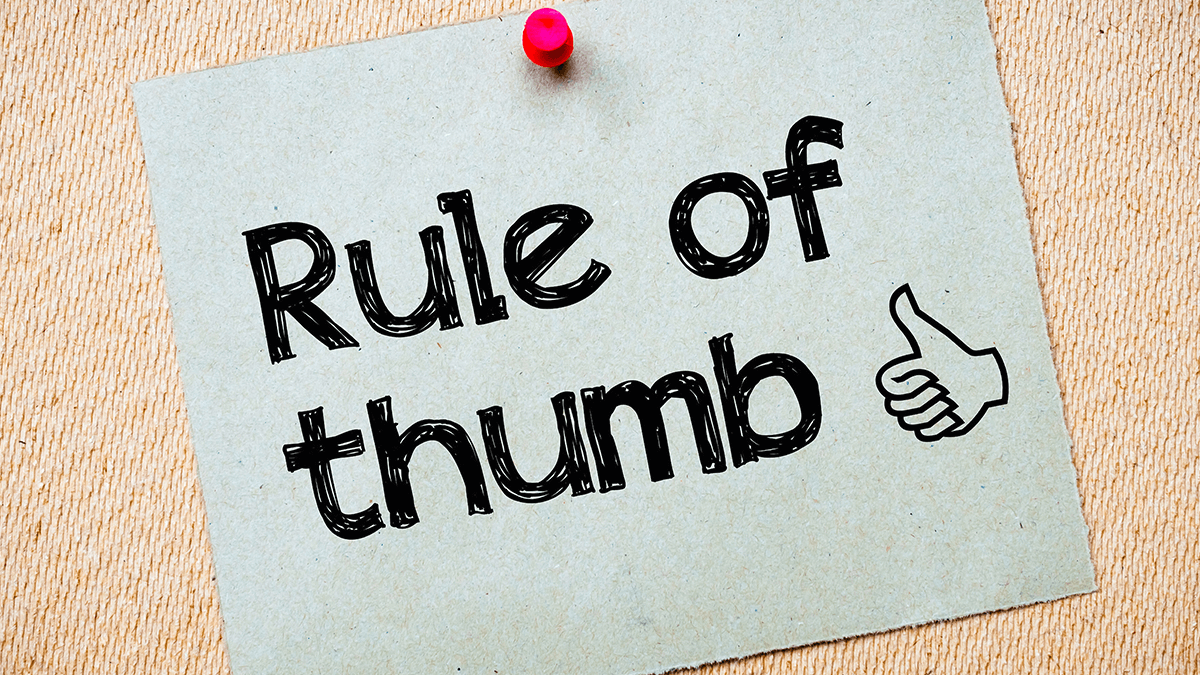

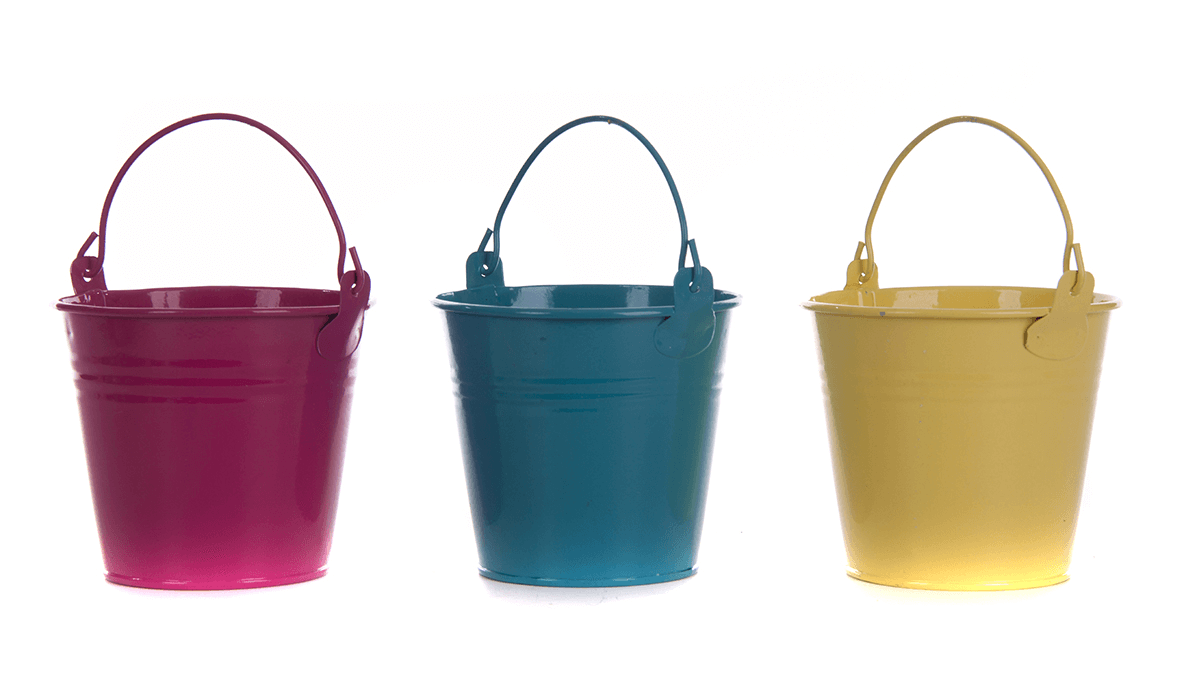
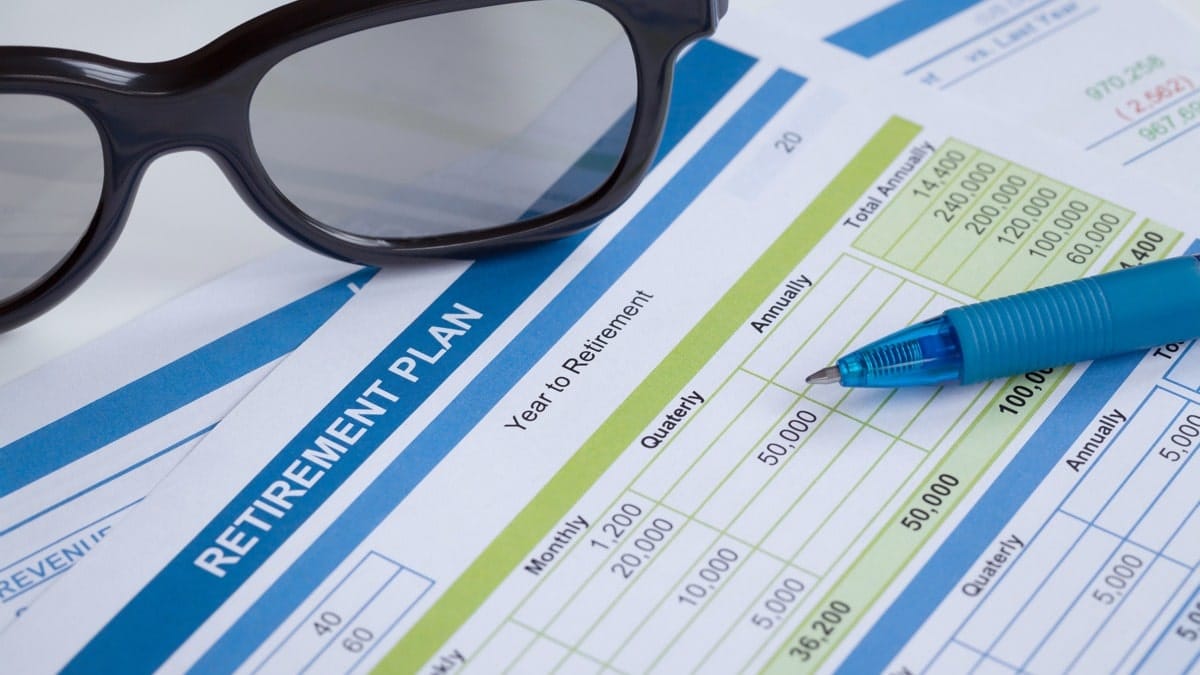

Leave a comment
You must be a SuperGuide member and logged in to add a comment or question.